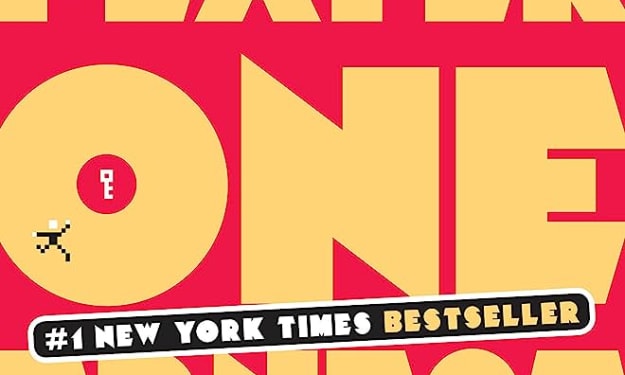A Software Craftsman's Journey to Becoming a Storyteller
Refactoring My Words, Compiling My Thought

When we speak of firsts, a sense of nostalgia brushes against our hearts. It's the delicate and fragile memory of an original creation, the kernel from which the tree of experience grows. For me, that nascent memory takes me back to a Medium article. This treatise tackled the rather cerebral topic of "Understanding Inheritance with C#." If this sounds like a no-nonsense technical document aimed squarely at programmers, you're not wrong. It was precise, unembellished, and intensely pragmatic—much like a well-written code.
Why Inheritance? Why C#?
Now you might wonder, of all the topics in the vast programming universe, why choose inheritance in C# as a starting point? The answer is rooted in my expertise: I have over a decade of experience working with C#. This was a concept that many budding programmers found hard to wrap their heads around. The article was my attempt to do some good old knowledge transfer. Software craftsman hones their skill and shares their understanding with the guild. A good craftsman leaves the shop better than they found it.
The Medium of Medium
Back then, Medium was my scroll, my digital canvas, where code snippets and method descriptions came to life. There was something magical about finally pressing that 'Publish' button, sending my thoughts across the ether of cyberspace to touch someone else's understanding. The words were more than mere text; they were agents of transformation, potential shapers of someone else's learning curve.
The Move to Vocal and New Horizons
A few months later, I discovered Vocal. By this time, the confining lines of code had begun to blur, becoming intermixed with a more liberal palette of topics. My debut article here was a departure from the world of zeros and ones. "The Timeless Lessons of 'Secrets of The Millionaire Mind'" spoke of personal growth, financial philosophies, and life.
Here, I was no longer just a software craftsman but an explorer of human experiences, diving deep into the abstractions of thought, emotions, and aspirations. It was a shift—like moving from meticulously soldering circuits to painting landscapes. The audience changed, the colors on the canvas were different, but the essence of storytelling remained the same.
How Have I Evolved?
If I had to draw parallels to the evergreen wisdom of Andrew Hunt and David Thomas, authors of "The Pragmatic Programmer," I'd say that my journey aligns well with their advice: "Learn at least one new language every year." This counsel isn't restricted to programming languages; it applies to languages of human interaction, emotion, and thought.
In the world of technical writing, my original style was to make complex ideas palatable, much like simplifying a complicated algorithm. But now, the writer in me dances to a broader set of rhythms. I not only aim to simplify but also to inspire, provoke thought, and engage in a multi-faceted dialogue with my readers.
The other change is in the "DRY" (Don't Repeat Yourself) principle, a favorite among software developers. In my early days, I might have repeated points for emphasis, belaboring the message like a while-loop stuck in recursion. Today, I realize the power of a well-placed word and the gravity it can carry without redundancy. If I've learned one thing, a single insightful sentence can accomplish more than paragraphs of repetitive argumentation.
Future Directions and Continuous Refactoring
Much like the ever-changing codebases we work on, I am still refactoring, forever in beta. If my first Medium article was my 'Hello World' program, then every piece since is another iteration, a feature enhancement, or a bug fix. Today, my writing encompasses more than just methods and classes; it spans across the rich libraries of human experience, traverses through frameworks of philosophy, and dabbles in the front end of storytelling.
For writers like me and you, our words are our repositories, our styles are our design patterns, and our articles are our software releases. In this evolving narrative, it's not just about perfecting the craft but about expanding the scope of the applications we build with our words.
As I evolve, I heed the advice of Andrew Hunt and David Thomas(authors of the book The Pragmatic Programmer): "Care about your craft." For it's not just the craft of writing code but the craft of writing life's code—that intricate algorithm of human experience, learning, and growth.
In the words of the wise duo: "Make your world better than you found it." And so, as I write my way into the future, the Medium articles, Vocal stories, and all the unwritten pages to come are my humble contributions toward a world imbued with a little more understanding, a dash more inspiration, and a generous sprinkle of shared wisdom.
So, let's code on, write on, and craft a world made better by our shared stories.
About the Creator
Abnoan Muniz
Brazilian Senior Software Engineer
Diagnosed with ADHD at 30, my perspective of life took a transformative turn, breathing new life into my world.
A lot of creativity and unconventional thinking you will find here.






Comments
There are no comments for this story
Be the first to respond and start the conversation.